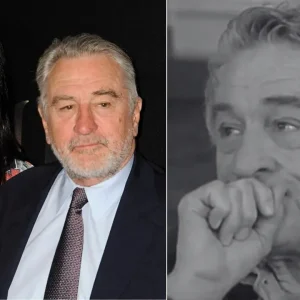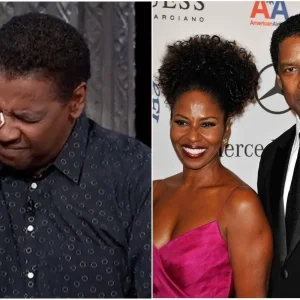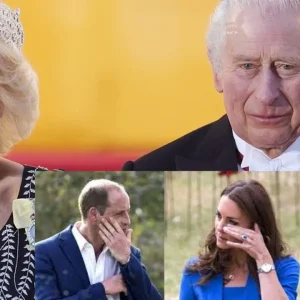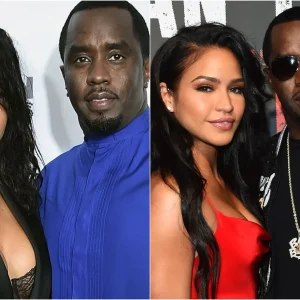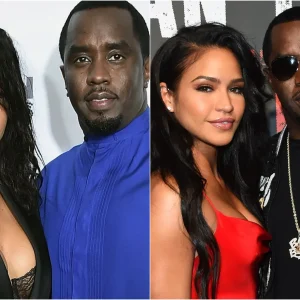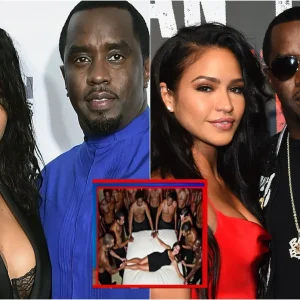The tragic death of former One Direction star Liam Payne has brought renewed attention to his struggles and encounters in the entertainment industry. Payne, who died aged 31 after falling from a third-floor balcony in Argentina, had opened up about the many challenges he faced in the spotlight. Among those moments was a memorable encounter with rapper P Diddy, in which Payne admitted he felt “a little bit scared” and taken aback by Diddy’s reaction.

The encounter between Payne and P Diddy occurred at a celebrity event in Los Angeles, where the One Direction member was relatively new to the high-profile Hollywood scene. Payne approached the hip-hop mogul, hoping for a friendly introduction, but was met with unexpected laughter. Reflecting on the moment, Payne said: “I introduced myself and he just started laughing. I was a little scared of that man, to be honest.”
The moment, which he shared during an interview years ago, left an impression on Payne, who candidly admitted that he felt small in the presence of such a larger-than-life figure. “You think you’ve made it, and then someone like that reminds you how far you still have to go,” Payne said. It was a humbling experience that highlighted the sometimes harsh realities of the entertainment industry, where even successful artists can feel out of place.
Following Payne’s tragic death, the incident with P Diddy has come back to the forefront, with many fans taking to social media to criticise the rapper’s behaviour during their encounter. The news of Payne’s passing has reignited conversations about how the music industry treats young artists and the effect this has on their mental health.

Social media users have slammed Diddy for what some have described as “disrespectful” and “condescending” treatment of Payne, especially in light of his well-known issues with anxiety and substance abuse. “The way P Diddy laughed at Liam just shows the kind of toxic culture that exists in the industry,” one Twitter user wrote. Another fan expressed: “He didn’t deserve to be laughed at, no one does.”
For Payne, the pressures of life in the spotlight were very real. While One Direction’s fame brought with it massive success, it also came with intense public scrutiny. Payne spoke openly about his struggles with mental health and substance abuse, and described the challenges of maintaining a “normal” life while constantly in the public eye.
Her tragic death, now linked to an alleged episode of substance abuse before the fatal fall, has sparked fresh criticism over how the industry often fails to provide adequate support for young stars. For many, Payne’s experiences serve as a warning about the darker side of fame that is not always visible to the public.
The backlash against P Diddy in the wake of Payne’s death has also sparked broader debates about how celebrities interact and support each other. Some argue that there should be a greater emphasis on compassion and understanding, especially when it comes to young artists dealing with the complexities of the industry.
Mental health advocate Dr Linda Grant commented: “We need to create an environment where artists feel supported, not just by their teams, but also by their peers in the industry. The way we treat each other can have a significant impact on a person’s mental wellbeing.”
Diddy has not publicly responded to the comments that have resurfaced following Payne’s death. However, the conversation surrounding his treatment of the late star has already sparked a movement urging the music industry to reflect on its culture of competition and rivalry.
As tributes pour in from around the world, Liam Payne is remembered not only for his contributions to music, but also for his openness in speaking about his struggles. His vulnerability in sharing his battles with fame and mental health has left a lasting impact, one that resonated with fans who saw him as a figure they could relate to despite his celebrity status.
Though Payne’s life was cut short, his legacy lives on as a call for change within the entertainment industry, a call to recognize the need for empathy, support, and a culture that uplifts rather than destroys. In the wake of his death, the music world is asking how it can best serve those who give so much of themselves for the sake of their art.
As the investigation into his death continues, the world mourns the loss of a young talent gone too soon, while demanding a re-evaluation of how the industry treats its artists. Liam Payne’s story serves as a poignant reminder that behind the glamour of fame lies a very real and sometimes painful human experience.

